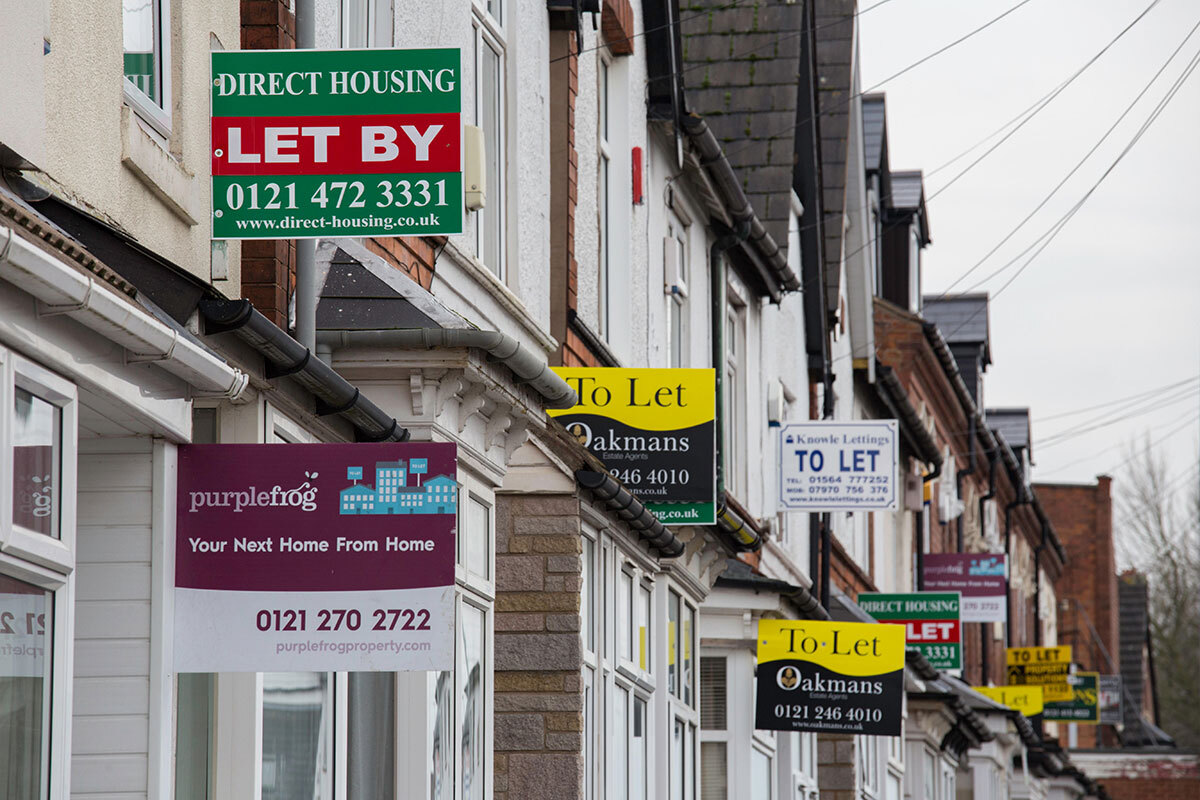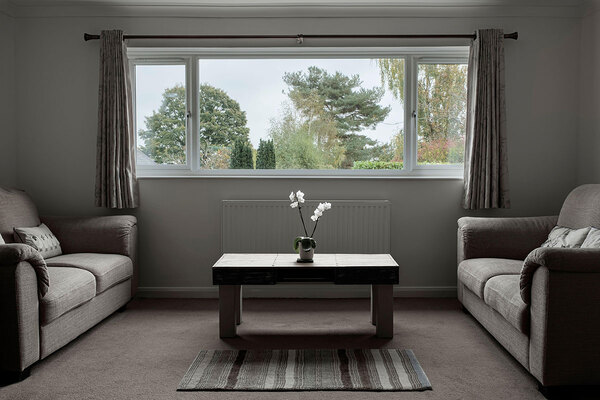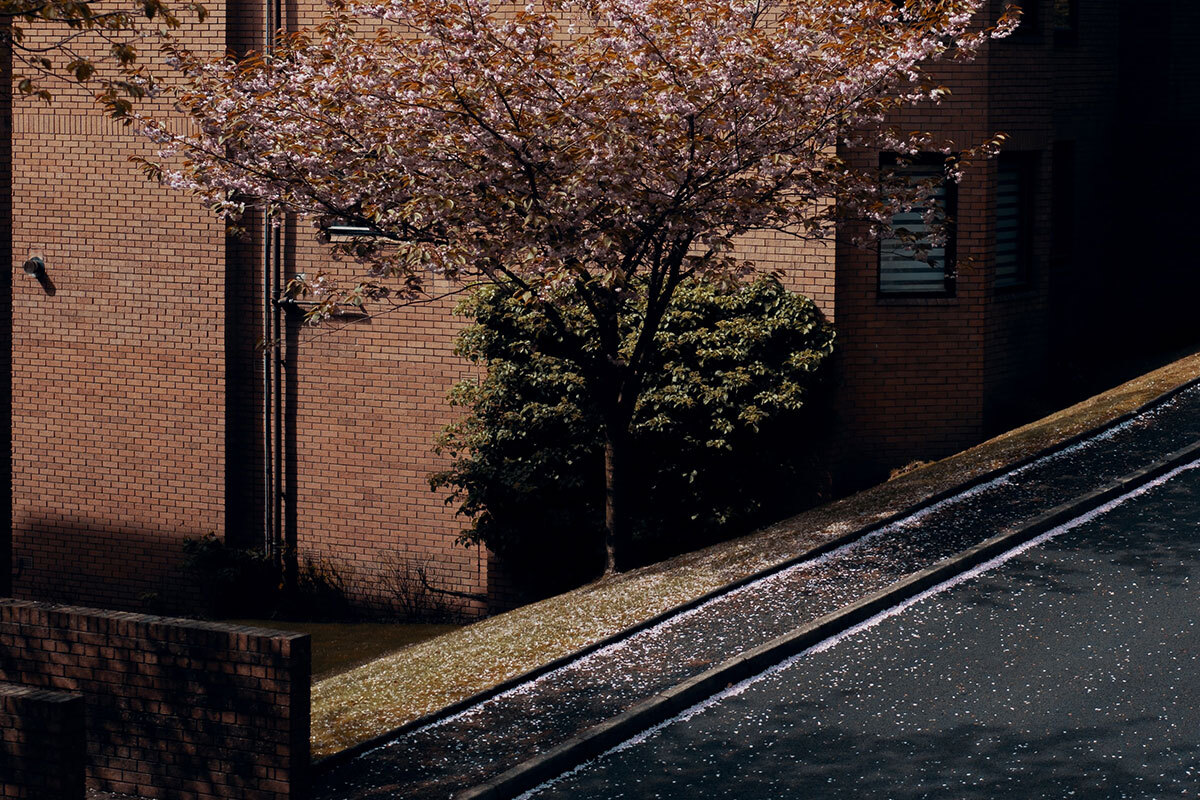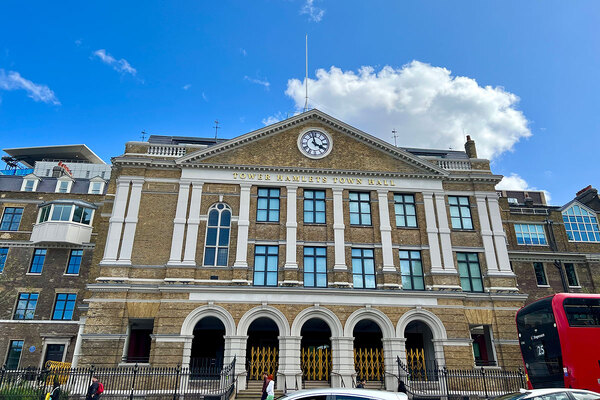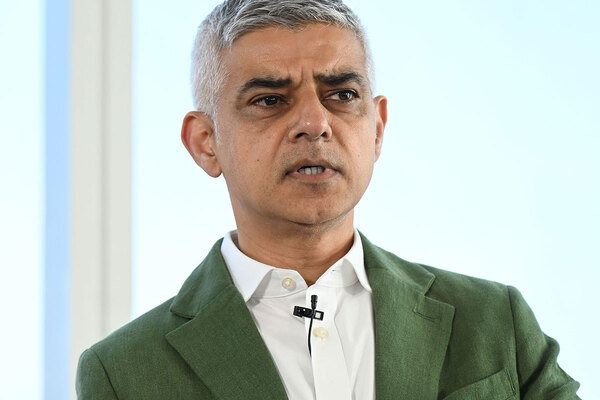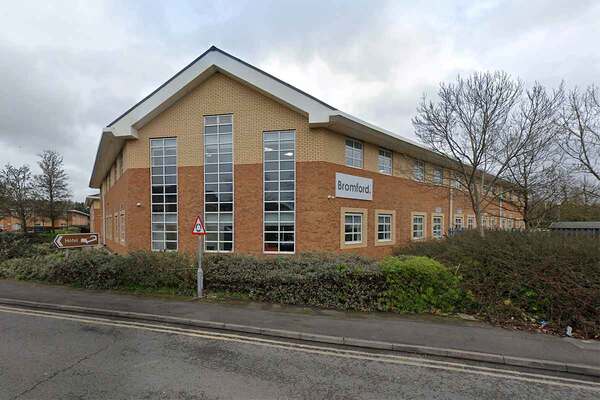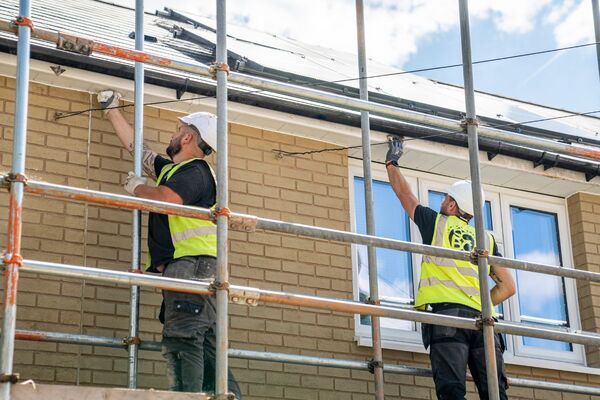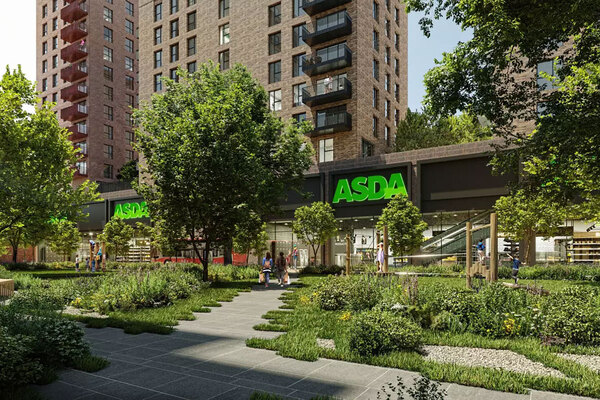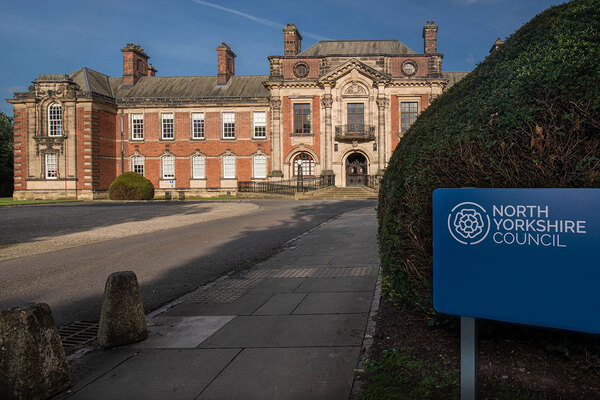You are viewing 1 of your 1 free articles
Raising taxes on empty homes could provide rebates for private renters to save, thinktank finds
Higher taxes on empty homes and foreign buyers could be used to fund council tax rebates to help private renters save for deposits, a thinktank has suggested.
The recommendation is one of several approaches suggested in a new report by the Social Market Foundation (SMF) as ways to help increase access to homeownership.
The SMF study, which looked at housing policy across English-speaking countries – including Ireland, Canada, Australia and New Zealand – found that other nations have made much greater use of taxes on empty homes and foreign buyers than the UK has.
It added that while such taxes have not been successful tools for increasing housing supply, they have been effective at raising revenue.
More than 260,000 homes in England alone have been empty more than six months, according to government statistics. Analysis published in November by the Local Government Association and the Empty Homes Network found that the number of long-term empties had risen by around 60,000 since 2018.
Meanwhile, national censuses suggested around 1.5 million are unoccupied most of the time across the UK.
Earlier this month, the government confirmed that homes left empty for more than a year would be charged double council tax from 1 April 2024.
But the SMF report argued that taxing these properties as little as 1% of their value could provide up to £4.5bn revenue for the Treasury, depending on how the levy was designed. Both Australia and Canada tax their respective vacant homes as much as 3% depending on their location.
Researchers also found that UK charges on homeowners who do not have a citizenship or residency are “modest” – at 2% – compared with other Anglophone nations.
In 2021, there were an estimated 181,000 properties in England and Wales owned by individuals with a correspondence address outside the UK, having increased by about 10,500 per year since 2010, the report said, with another 20,000 in Scotland.
Labour is said to be considering increasing the 2% rate, should it take power in the upcoming general election.
In parts of Australia, excise taxes on non-residents can go as high as 25%, while in Canada the figure can reach 15%. The SMF said that based on current transactions, a 25% tax on foreign buyers’ purchases could raise £855m each year.
Australia and Canada also fully tax gains made from the sale of a property if it is sold within a year of the purchase, essentially denying sellers the benefit of capital gains tax exemptions.
This tax is meant to discourage ‘house flipping’, and if the UK implements it, it would apply to 2.3% of home sales. At current levels, a 50% tax on the profits from house flipping in the UK would raise £550m per year.
The SMF believes one potential use for the extra revenue generated by taxing empty homes, foreign buyers and people who flip homes could be to fund council tax rebates for private sector renters. The study found there are no other countries in the English-speaking world that charge a comparable tax on households that do not own property.
“At a time when the country is desperate for homes and the government desperate for money, we should be using these as sources of revenue, rather than letting them sit idle,” said Gideon Salutin, a senior researched at SMF and author of the report.
“The billions in revenue these taxes could generate should be used to help those losing out in the housing market.”
The report suggested that local authorities could divert 50% of council tax paid by renters into a personal savings account, which would function similarly to a Help to Buy ISA in creating a government-protected savings pot.
Among a list of other recommendations, the report argued that banks should be required to issue fixed-rate mortgages over 10, 15 or 30 years to reduce households’ exposure to fluctuating interest rates.
In addition, stamp duty should be abolished to encourage homeowners to downsize, with the resulting loss of revenue offset by decreasing capital gains tax exemptions for secondary properties.
Inside Housing has approached the Department for Levelling Up, Housing and Communities for comment.
Sign up for our Week in Housing newsletter
Already have an account? Click here to manage your newsletters
